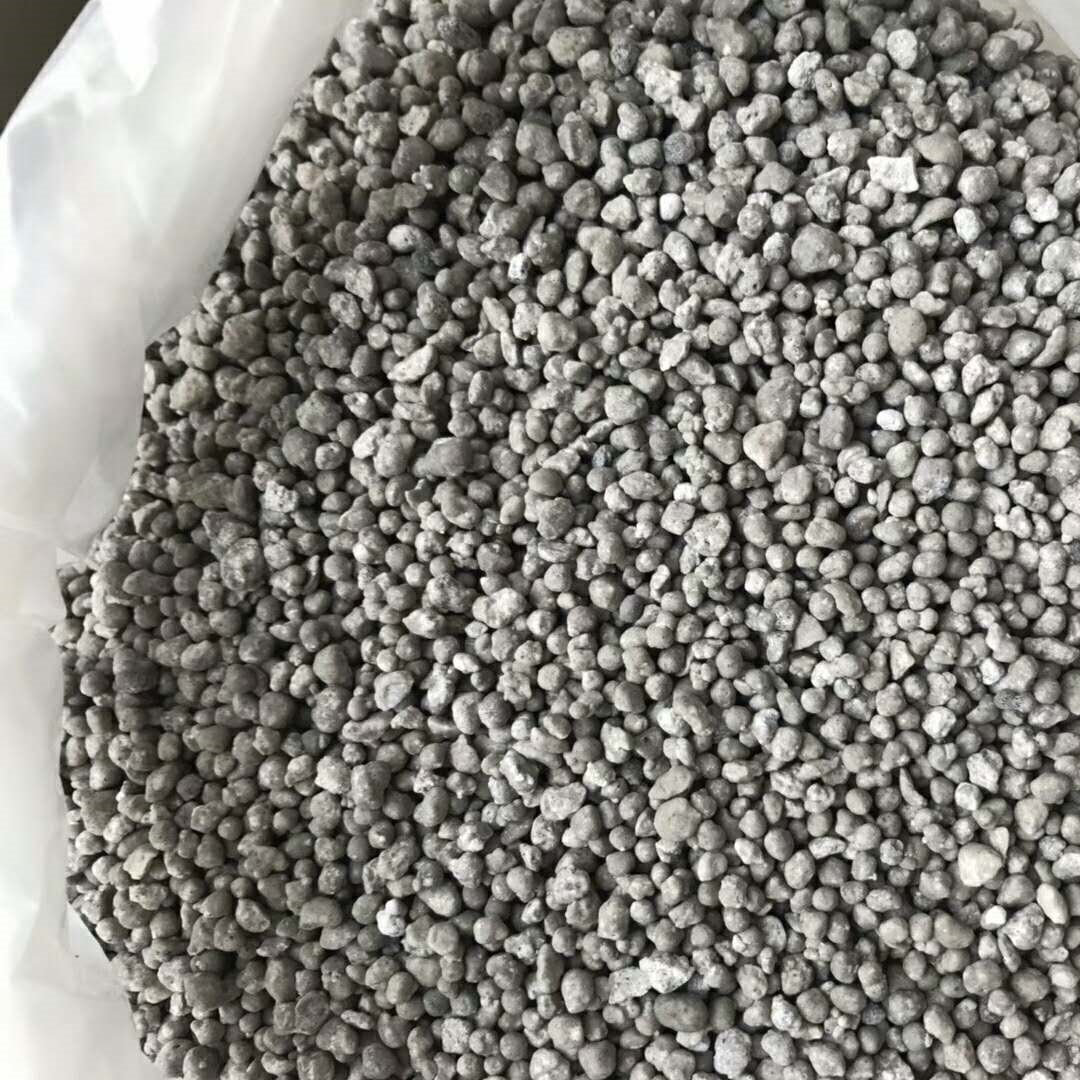
11월 . 06, 2024 21:08 Back to list
Top Manufacturers of 12-12-17 NPK Fertilizer and Their Key Features
Understanding NPK Fertilizer The 12-12-17 Composition and Its Manufacturing
NPK fertilizers, which stand for Nitrogen (N), Phosphorus (P), and Potassium (K), are essential for modern agriculture, providing crucial nutrients that promote plant growth and yield. Among the various formulations available, the 12-12-17 NPK fertilizer stands out due to its balanced nutrient composition and specific advantages it offers to different crops. This article explores the significance of NPK 12-12-17 fertilizers, the processes involved in manufacturing them, and their benefits to agriculture.
NPK Fertilizer Composition
The numbers in the fertilizer formula indicate the percentage of each primary nutrient present in the product. In the case of 12-12-17 NPK fertilizer, it contains - 12% Nitrogen (N) Essential for vegetative growth, nitrogen stimulates the development of leaves and stems, leading to lush green foliage. It is a vital component of amino acids, proteins, and chlorophyll, which are necessary for photosynthesis. - 12% Phosphorus (P) Critical for energy transfer, phosphorus contributes to root development, flower formation, and fruit maturation. It plays a key role in processes such as photosynthesis and respiration, making it pivotal for overall plant health. - 17% Potassium (K) Known for enhancing drought resistance, potassium regulates water uptake and aids in the synthesis of sugars and starches. It is vital for improving the toughness of plants, increasing disease resistance, and enhancing the quality of fruits and flowers.
This balanced ratio makes 12-12-17 an excellent choice for a wide variety of crops, including vegetables, fruits, and grains, particularly in soil that may be deficient in one or multiple nutrients.
Manufacturing Process of NPK Fertilizer
The production of NPK fertilizers, including the 12-12-17 formulation, involves a series of steps that ensure the quality and effectiveness of the final product. Here’s an overview of the manufacturing process
1. Raw Material Sourcing The primary raw materials include ammonium nitrate or urea for nitrogen, rock phosphate or phosphoric acid for phosphorus, and potassium chloride or sulfate for potassium.
2. Granulation The nutrients are mixed in specific proportions to achieve the desired N-P-K ratio. This mixture is then granulated into uniform granules, which enhances the even distribution of nutrients when applied to the soil.
3. Coating and Drying The granules may undergo a coating process to protect them from moisture and ensure slower nutrient release. Drying is also a vital step that prevents clumping and improves storage quality.
npk fertilizer 12 12 17 factories

4. Quality Control Before packaging, the fertilizer undergoes rigorous quality control tests to measure nutrient content, granule size, and solubility, ensuring that it meets industry standards.
Benefits of Using 12-12-17 NPK Fertilizers
The use of 12-12-17 NPK fertilizers can bring numerous benefits to farmers and gardeners
1. Improved Crop Yields With balanced nutrient delivery, this fertilizer formulation helps optimize plant growth, leading to higher yields.
2. Enhanced Soil Fertility Regular use of NPK fertilizers can replenish nutrient-deficient soils, improving overall soil health and fertility.
3. Versatility This particular formulation can be used across a wide range of crops, making it a popular choice for diverse farming operations.
4. Economic Efficiency Investing in NPK 12-12-17 fertilizers can lead to cost-effective solutions, as healthy plants often resist pests and diseases better, reducing the need for additional pesticides.
Conclusion
NPK 12-12-17 fertilizers represent a critical component of sustainable agriculture practices. By understanding its composition and the manufacturing processes involved, farmers can make informed decisions that enhance crop productivity while fostering healthier soil ecosystems. As agriculture continues to adapt to changing demands, the role of such fertilizers will remain indispensable in ensuring food security worldwide.
-
Premium 10 10 10 Water Soluble Fertilizer for All Plants
NewsJul.22,2025
-
Premium Amino Acid Fertilizer with Humic Acid & NPK Blends
NewsJul.21,2025
-
Premium 15-30-15 Granular Fertilizer for Balanced Growth
NewsJul.21,2025
-
Premium Granular Ammonium Sulphate: 21% N & 24% S Fertilizer
NewsJul.20,2025
-
Best 15-30-15 Granular Fertilizer for Boosting Flowering & Growth
NewsJul.20,2025
-
High-Quality NPK Fertilizer Raw Material Manufacturer & Supplier Trusted Factory Exporter
NewsJul.08,2025
